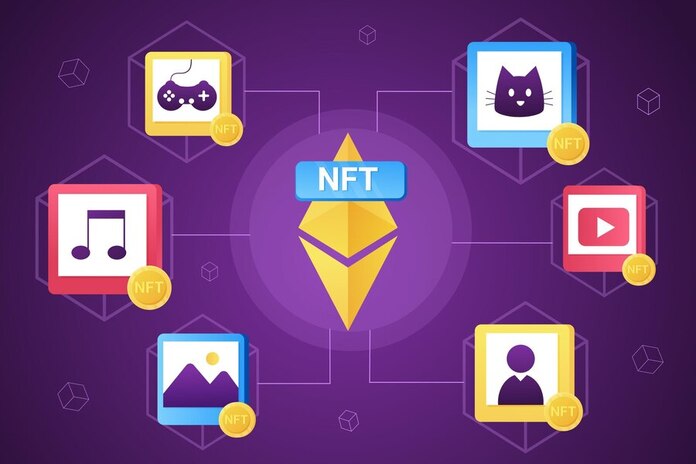Controversy Over Morgan Stanley’s Spot Bitcoin ETF Recommendation
This post was originally published on this site

Financial services industry consultant John Reed Stark has raised concerns about Morgan Stanley’s recent move to permit its wealth advisors to recommend spot Bitcoin ETFs to clients. Stark, president of a consulting firm based in Bethesda, Md., warned that this decision could invite substantial regulatory scrutiny. In a post on X, Stark suggested that Morgan Stanley’s action might trigger what could be “the largest SEC and FINRA examination sweep in history,” given that the firm’s 15,000 advisors will now be able to solicit clients for select spot Bitcoin ETFs.
Diverse Opinions on Bitcoin ETFs
Morgan Stanley’s decision to allow advisors to offer two of the nine existing spot Bitcoin ETFs—the $9.7 billion Fidelity Wise Origin Bitcoin Fund (FBTC) and the $19 billion iShares Bitcoin Trust (IBIT)—has sparked debate. Advisors will only offer these ETFs to clients with at least $1.5 million in investable assets. Critics like Eric Balchunas, senior ETF analyst at Bloomberg Intelligence, question Stark’s position, noting that Stark has been consistently skeptical of cryptocurrencies. Balchunas argues that Stark’s concerns lack specifics on how advisors might face trouble.
On the other hand, some experts, such as Svetlin Krastev, founder of Black Sea Gold Advisors, believe that since spot Bitcoin ETFs have already undergone extensive regulatory scrutiny, further unique oversight is unlikely. Krastev contends that offering an SEC-approved product should not invite additional regulatory challenges.
Potential for Increased Regulatory Oversight
Noah Damsky, principal at Marina Wealth Advisors, expresses concerns that market volatility could prompt regulators to target Bitcoin ETFs as “low-hanging fruit.” Damsky points out the significant price swings in Bitcoin, noting that last week, Bitcoin fell 6% while the Nasdaq dropped 3%. This volatility raises concerns about the suitability of such investments for the average investor.
Adam Gana, a New York-based securities lawyer with Gana Weinstein, also foresees potential issues. Gana predicts increased arbitration cases as Bitcoin becomes more accessible to Main Street investors and cautions that the industry might look back critically at this move in the future.
Ric Edelman, founder of the Digital Assets Council of Financial Professionals, countered Stark’s claims, emphasizing that financial advisors should not be deterred by Stark’s criticisms. Edelman asserts that Stark’s views are biased and advises advisors to focus on serving their clients’ best interests, despite Stark’s warnings.
Featured Image: Freepik







